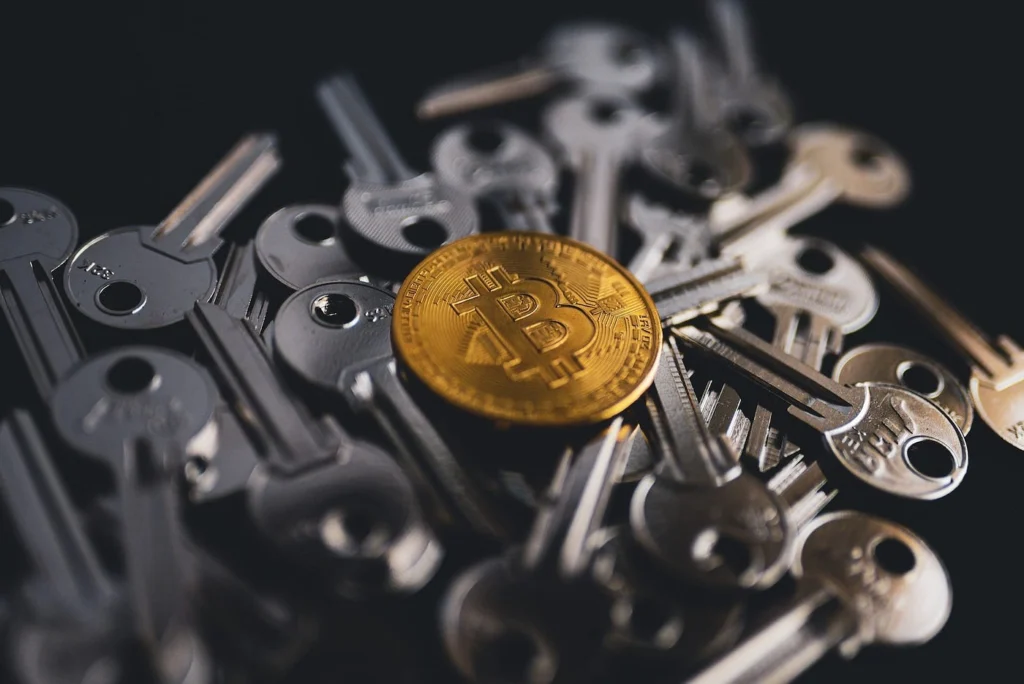What Is the Crypto Legal Status? A Beginner-Friendly Breakdown
If you’ve ever asked yourself whether cryptocurrency is “legal,” you’re not alone. The answer depends on where you are and how you define “legal.” The term crypto legal status covers a lot of ground, from government regulation to whether or not a coin like Bitcoin can be used to buy everyday stuff.
Let’s break it down into bite-sized pieces—so you can walk away with a clearer picture of what crypto is (and isn’t) from a legal perspective.
1. Legal Tender vs. Legal Use — Big Difference

First, a quick primer: legal tender isn’t just a fancy term for money. It’s currency that must be accepted for debt payments. Most countries have one—usually the national currency like the dollar, yen, or euro.
Cryptocurrency? Not so much.
Even in countries where crypto is totally legal to use or trade, it’s usually not declared legal tender. That means a store can choose to accept your Bitcoin—but they’re not obligated to.
One big exception is El Salvador, which made Bitcoin legal tender in 2021. Even there, though, cash still dominates day-to-day transactions. The law says one thing, but behavior tells another story.
2. Crypto Legal Status Varies by Country


If you’re wondering “Is crypto legal in my country?”—well, the answer’s rarely black and white.
Take Japan: Bitcoin is recognized as a legal method of payment. In the U.S., crypto is treated as property by the IRS and securities by the SEC, depending on the coin. It’s legal to own and trade, but not considered money.
China, on the other hand, has banned most crypto activity altogether—no mining, no trading, nada.
Some countries sit in between, allowing crypto but not regulating it much, which sounds nice… until you run into a legal dispute or fraud. Then you’ll wish the rules were clearer.
3. How Governments Categorize Crypto

Here’s where things get interesting. Crypto can be legally treated as:
- Property (like real estate or gold)
- Securities (like stocks or bonds)
- Commodities (like oil or coffee beans)
- Or in rare cases, currency
Why does this matter? Because it affects everything from how crypto is taxed to what kind of investor protections apply.
In most cases, buying crypto means you’re buying a speculative asset, not money. You might need to pay capital gains taxes when you sell. And if the platform you use goes belly-up, recovery options may be limited.
4. Why You Should Care—Even If You’re Just Holding

Let’s say you’re not trading every day. Maybe you’re just “HODLing”—stashing coins in your wallet and waiting for the price to (hopefully) moon. So, why should the legal status matter to you?
For starters: taxes. Most tax agencies (like the IRS) still want a cut when you sell at a profit.
It also matters if you ever use a centralized exchange. Depending on where you live, the platform may have to verify your identity, report your transactions, or freeze your assets under certain conditions.
And if your government suddenly shifts its stance on crypto—well, you’ll want to know what that means for your holdings.
5. Could Crypto Become Legal Tender in More Places?

Short answer? Maybe.
Longer answer? It’s complicated. For crypto to gain legal tender status, a few things need to happen:
- Widespread user acceptance
- Government approval
- Financial infrastructure to support it
Some developing nations see potential here, especially for remittances or financial inclusion. But critics say crypto’s volatility and lack of consumer protections make it a risky choice.
And then there’s the rise of CBDCs—central bank digital currencies. Governments are exploring their own digital money, which could either complement or compete with crypto. That move alone could reshape the whole conversation.
Final Thoughts: Stay Informed as the Crypto Legal Status Evolves
Crypto isn’t illegal in most places—but it’s also not treated like regular money. The crypto legal status is a moving target, shaped by politics, economics, and public opinion.
So whether you’re a casual investor or just crypto-curious, it pays to keep up. Legal definitions can change quickly, and staying informed can help you avoid headaches later on.
Relevant news: 5 Things You Should Know About the Crypto Legal Status (Before You Spend a Satoshi)






